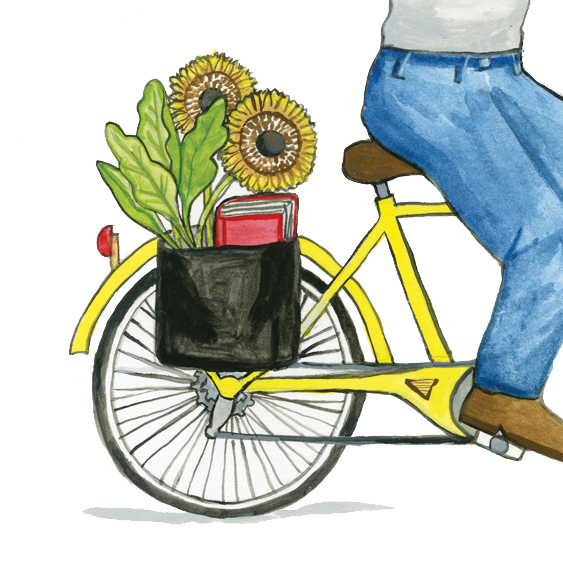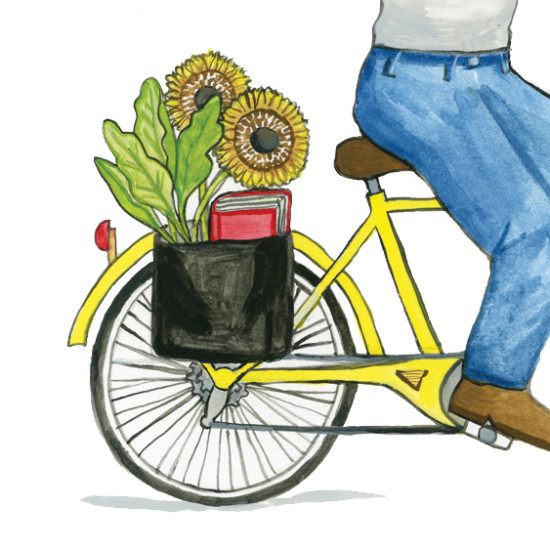Alan
The remarkable success of long-acting reversible contraception in Colorado, which Sightline fellow Valerie Tarico reported on last year in her series Teen Pregnancy: Going… Going…, made the New York Times. Cascadia has nothing to lose and everything to gain from emulating Colorado.
Kristin
I lived in the South for four years and came away with a hunch that we should have just let them secede. We could have avoided a bloody civil war, another 100 years of blatant racism, an additional 50+ years of slightly more subtle racism and not-too-subtle violence and social immobility. Sure, we would have had violent, racist, hierarchical neighbors to the South, but at least our federal government could have moved forward with humane policies that have instead been slowed, watered down, or blocked entirely. This article corroborated my hunch, but told me we can’t jettison the Southern states, we can only hope to slowly convert them to civilized society by sending hipsters to live in Houston and Atlanta. Sigh.
I liked David Robert’s article about rich people being jerks, and I wrote a response on Medium about Buckminster Fuller’s vision of a world that works for all.
Eric
ForestEthics takes an analytical look at the way crude-by-rail shipments are especially harmful to low income communities and communities of color in California.
A train carrying toxic gas derailed in Tennessee, caught fire, and required authorities to evacuate thousands of people. Perhaps more worrisome: 16 cars on the train were loaded with propane, which could have created the conditions for a catastrophic fire.
In a rather curious turn of events, the oil company Conoco Phillips paid for extensive “sponsored content” in the Bellingham Herald in order to make the case that the US should lift the longstanding ban on exporting crude oil. Conoco Phillips operates a refinery just north of Bellingham that is permitted to receive loaded oil trains several times a week. Lifting the ban could enable them to use their refinery as a terminal for crude oil exports, which could increase both oil train traffic on land and oil tanker traffic in the Salish Sea.
Keiko
Patagonia recently released Free The Snake, a short film that looks at the effects of four dams on the lower Snake River. This film envisions a future that works for farmers, fishermen, tribes, salmon, and the natural world—one that creates thousands of local jobs, restores recreational opportunities, saves taxpayers money, and invests in cleaner energy alternatives. Patagonia is encouraging those who support healthy rivers to get involved by signing a petition urging President Obama to remove the four lower Snake River dams. Watch the film here.









